Civilization V: Brave New World info and screens demonstrate new features
Details given about the new elements of the strategy game
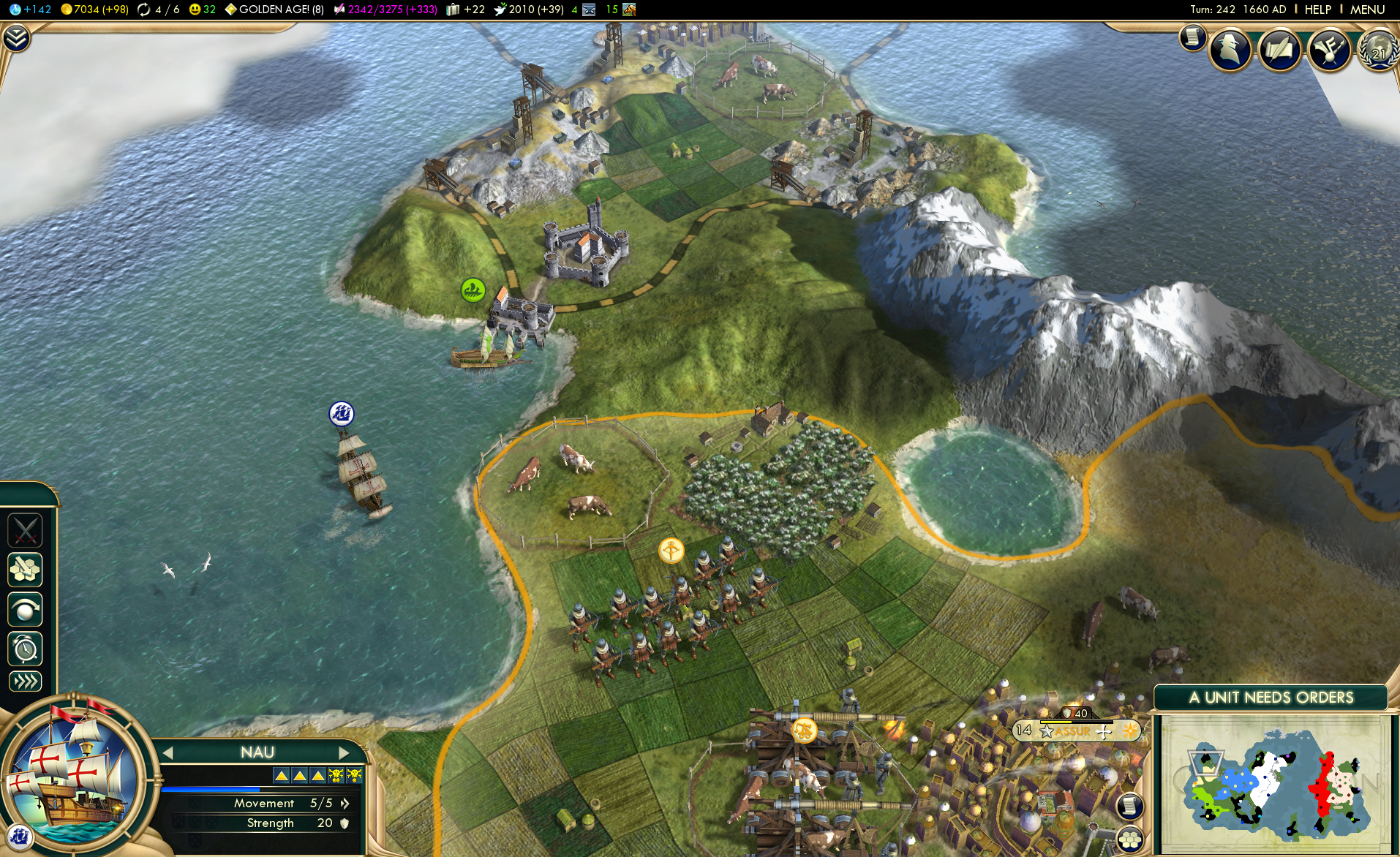
A really brave world
We recently had a chance to check out Civilization V: Brave New World, an upcoming expansion that looks to add new elements to the wildly popular strategy game. But besides adding more replayability by way of heaping on additional features (and races, such as Poland, Brazil, Assyria, Portugal, and Zulu), Firaxis is using the expansion to further balance Civilization V's core game, letting the new things balance out the old ones.
One major way the game is changing is with the additional of a World Congress, formed when every civilization has been discovered. The Congress votes on different rules to apply to the world, like Nuclear Nonproliferation, bans on certain luxuries, or global religions. There's also a new element of exploration added late-game with the addition of Archeology, which dynamically creates different dig sites around the map based on the events of the first half of the game. There have also been major boosts to Culture, changing the victory conditions significantly. Will it help balance out Civ's peaks and valleys to make for a more consistant game? We'll know when it launches on June 9.
Looking for more? Check out some screens of the game in the following slides, along with short descriptions as to what's going on.
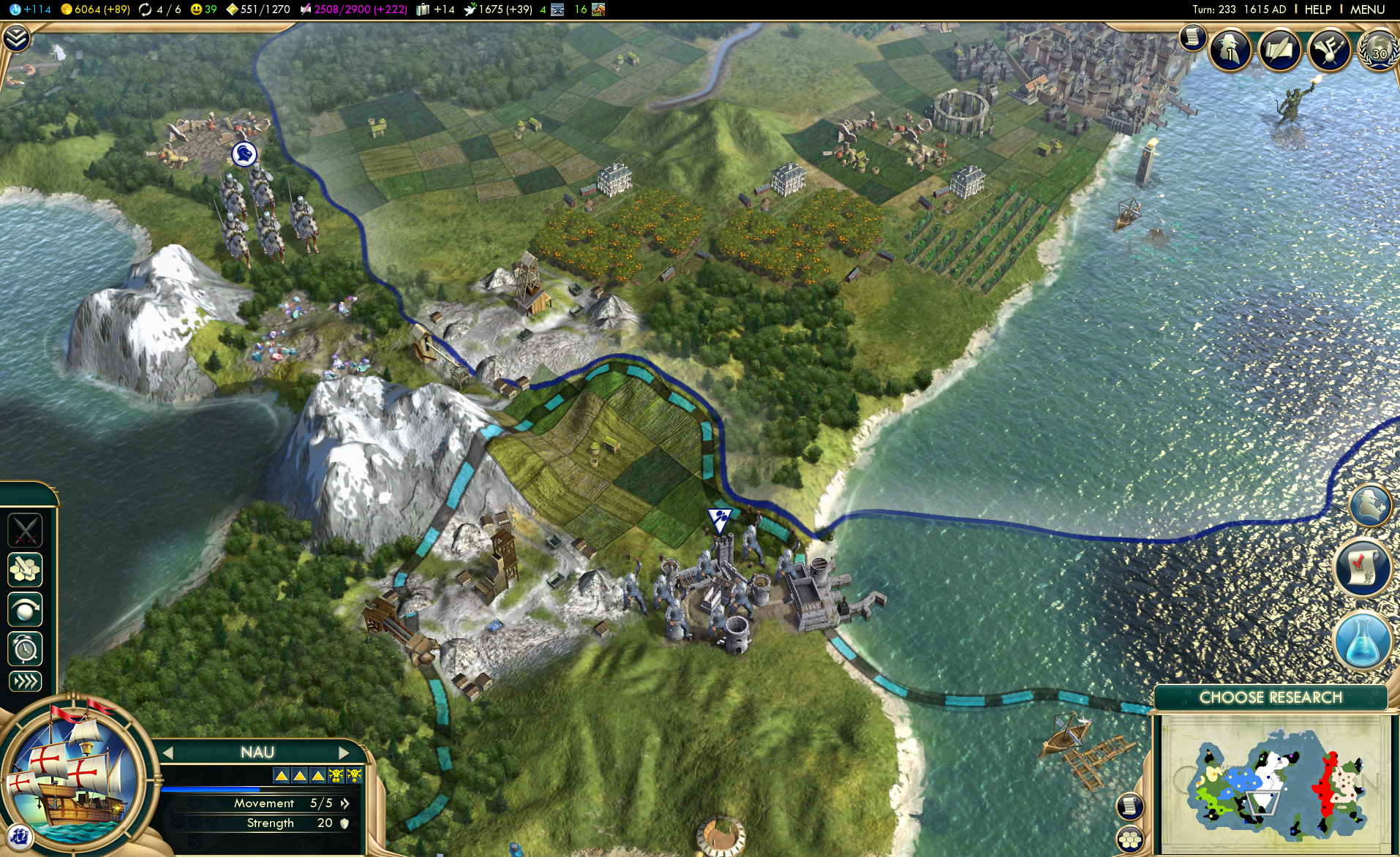
Portugal is one of the newly-confirmed Civilizations, and the Nau is a classic Portuguese vessel.
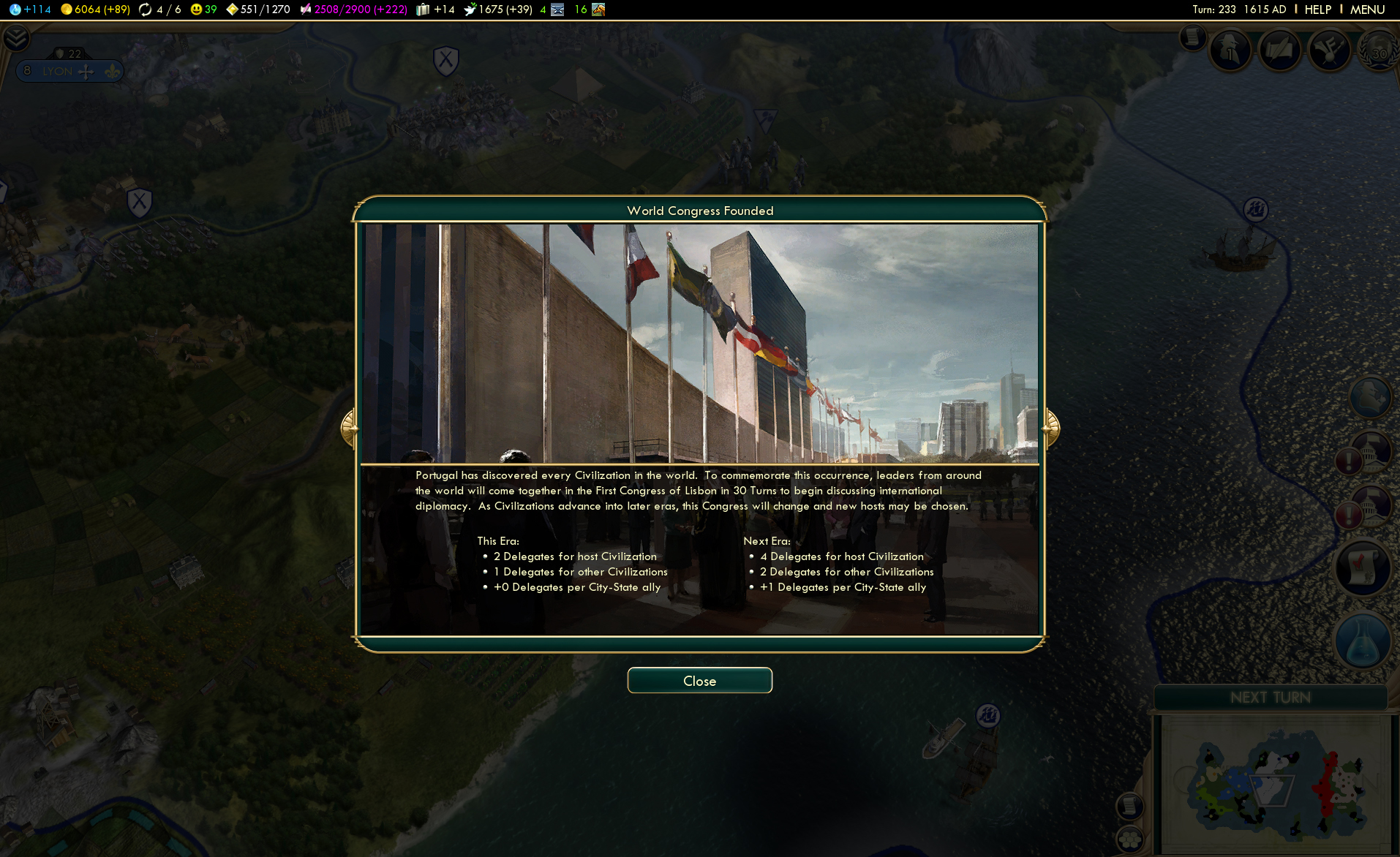
The world congress can change the game, and forces civilizations to interact more often.
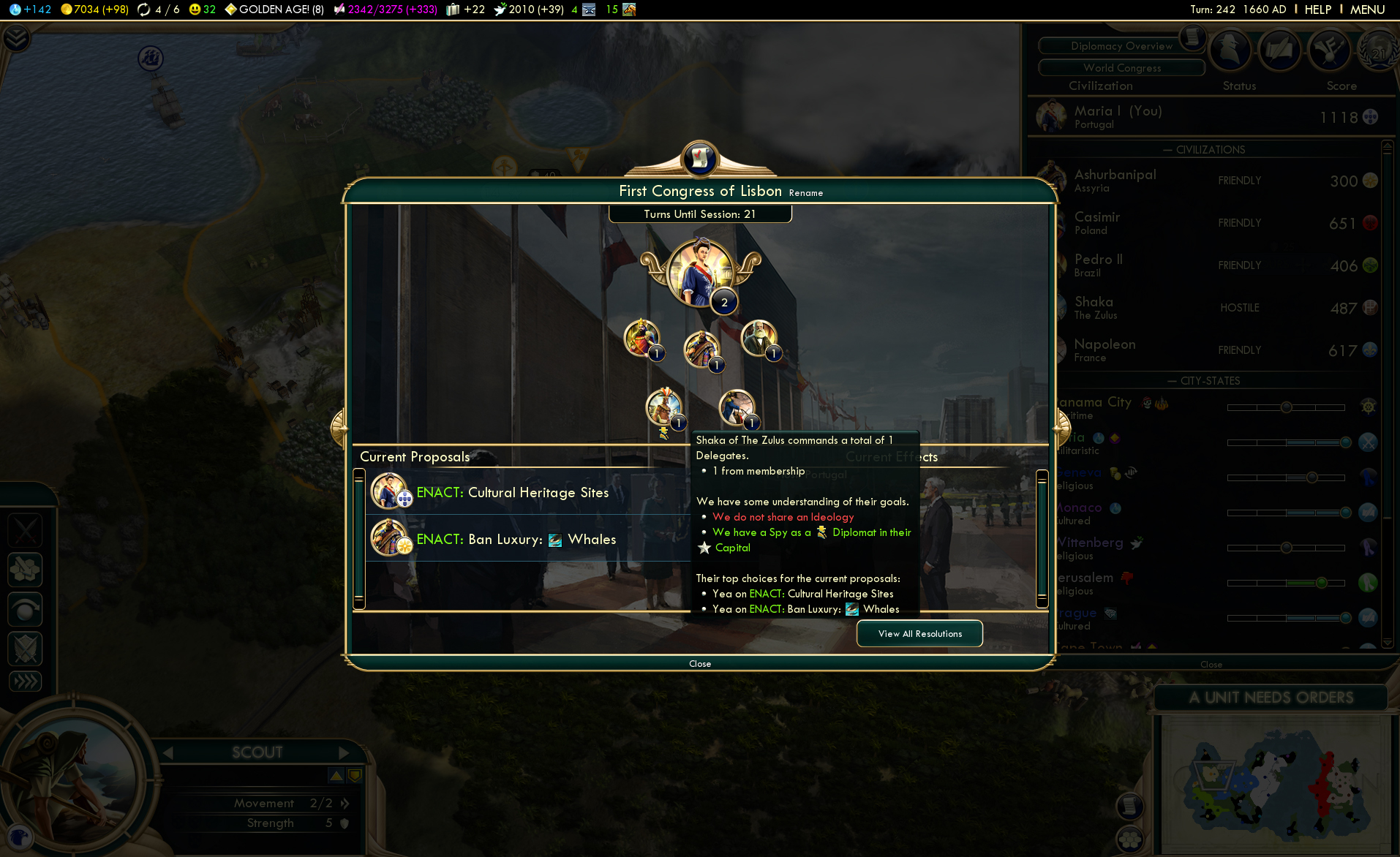
The number of votes you get is decided by the number of delegates you have, which is determined by a number of factors.
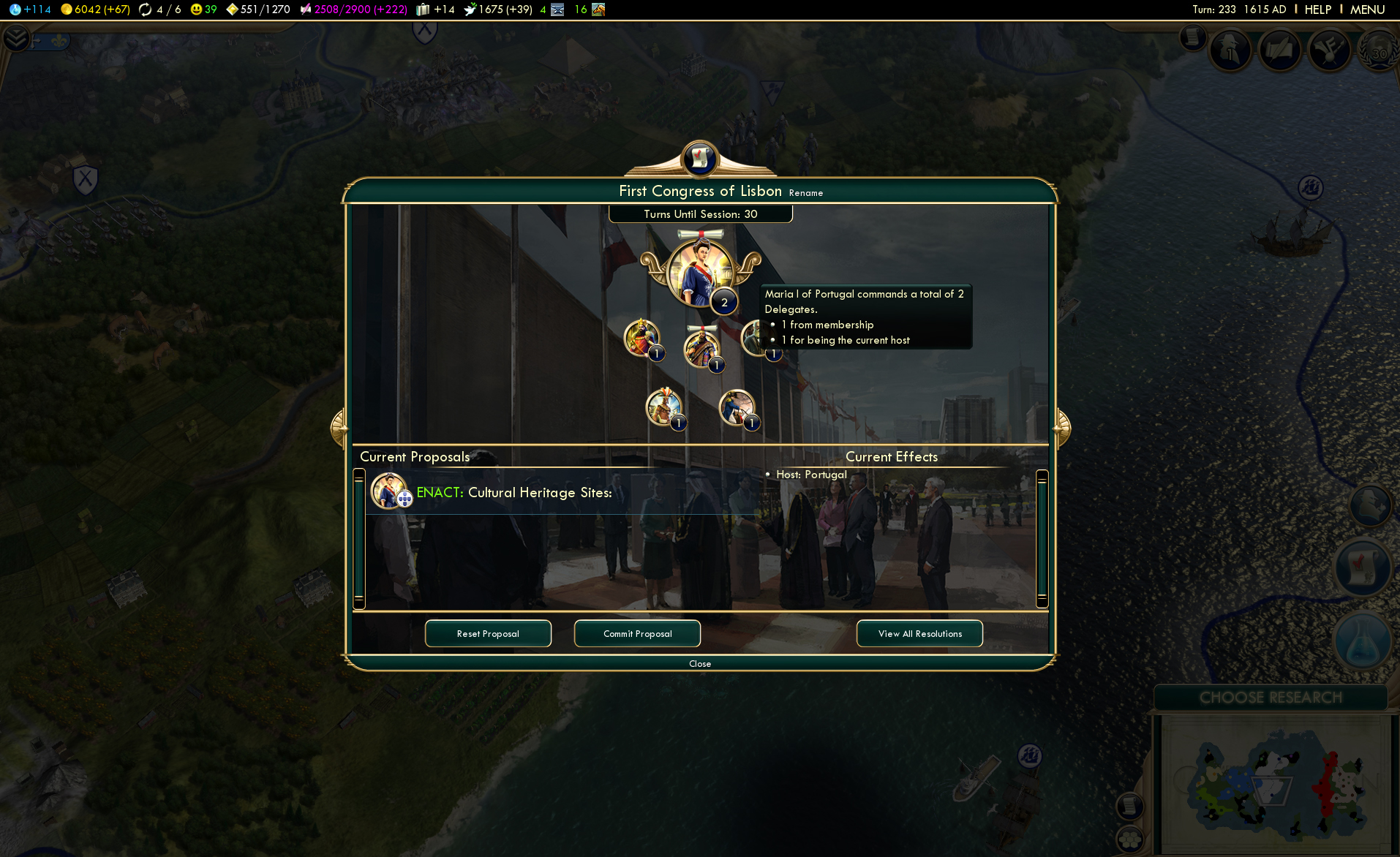
When the World Congress meets, two nations are allowed to submit votes: the founding Civ, and the one with the most delegates.
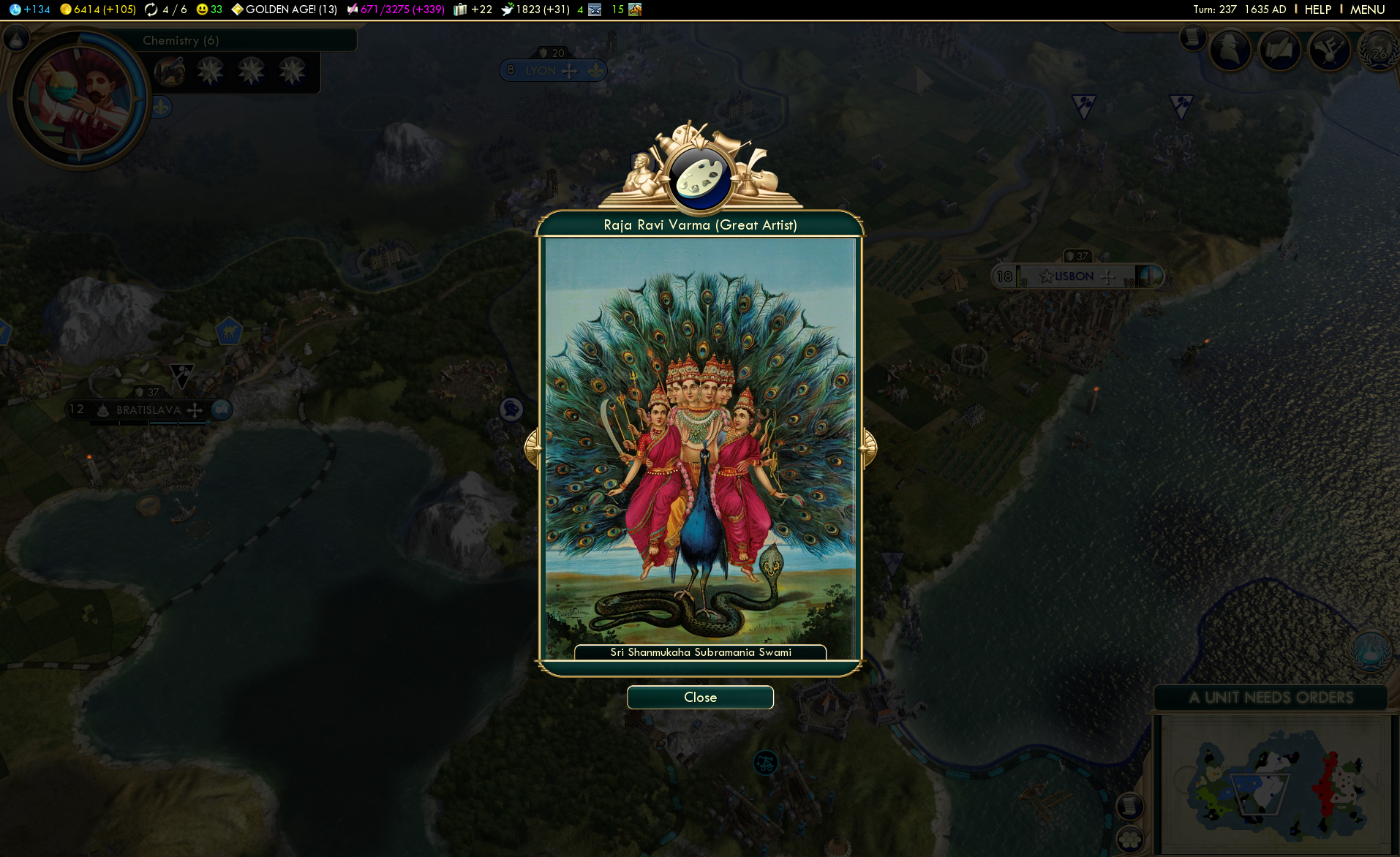
Great Artists can actually create great art, which is placable in museums for additional culture.
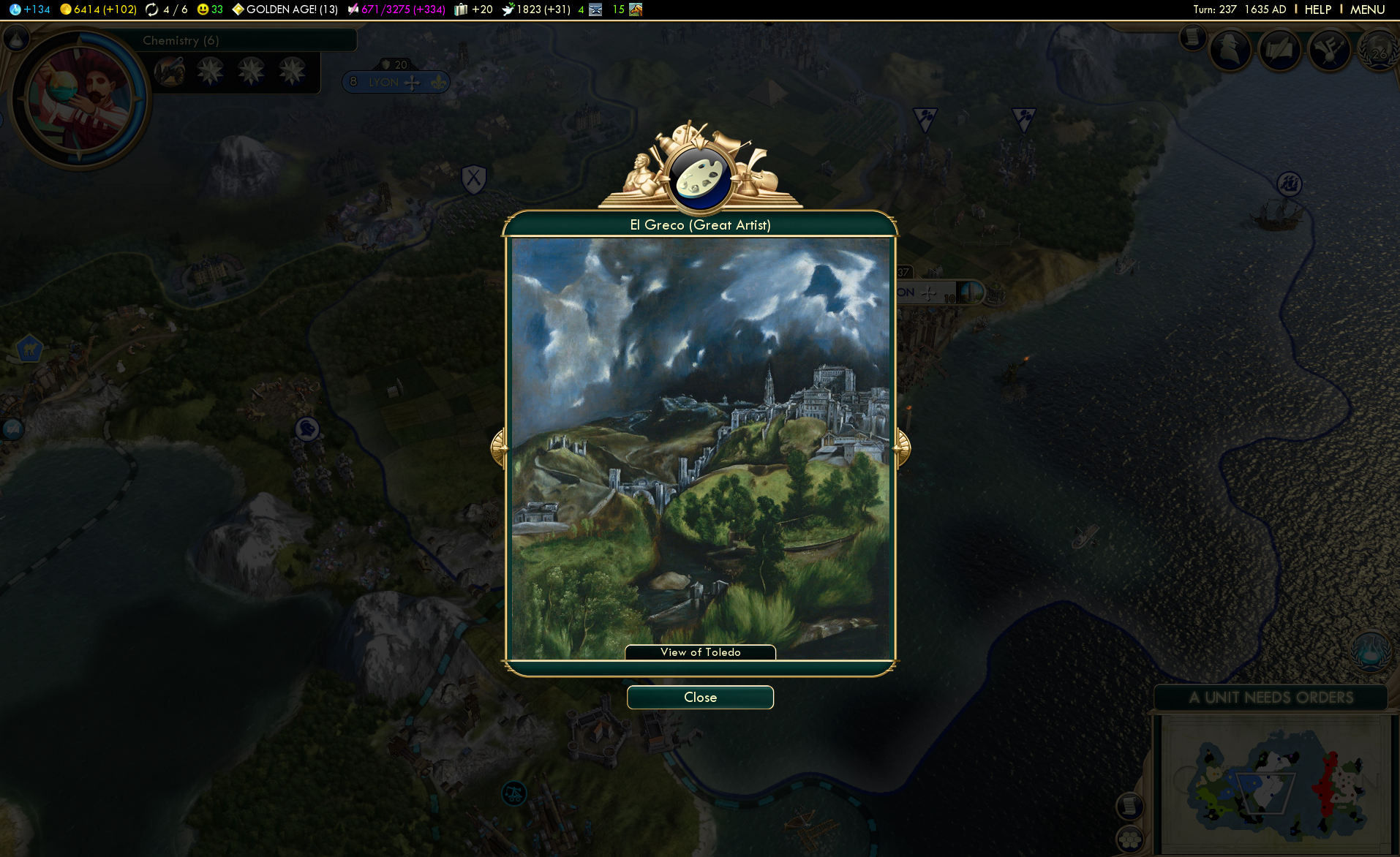
If you put the right "theme" of art in a museum you can get a bonus, too.
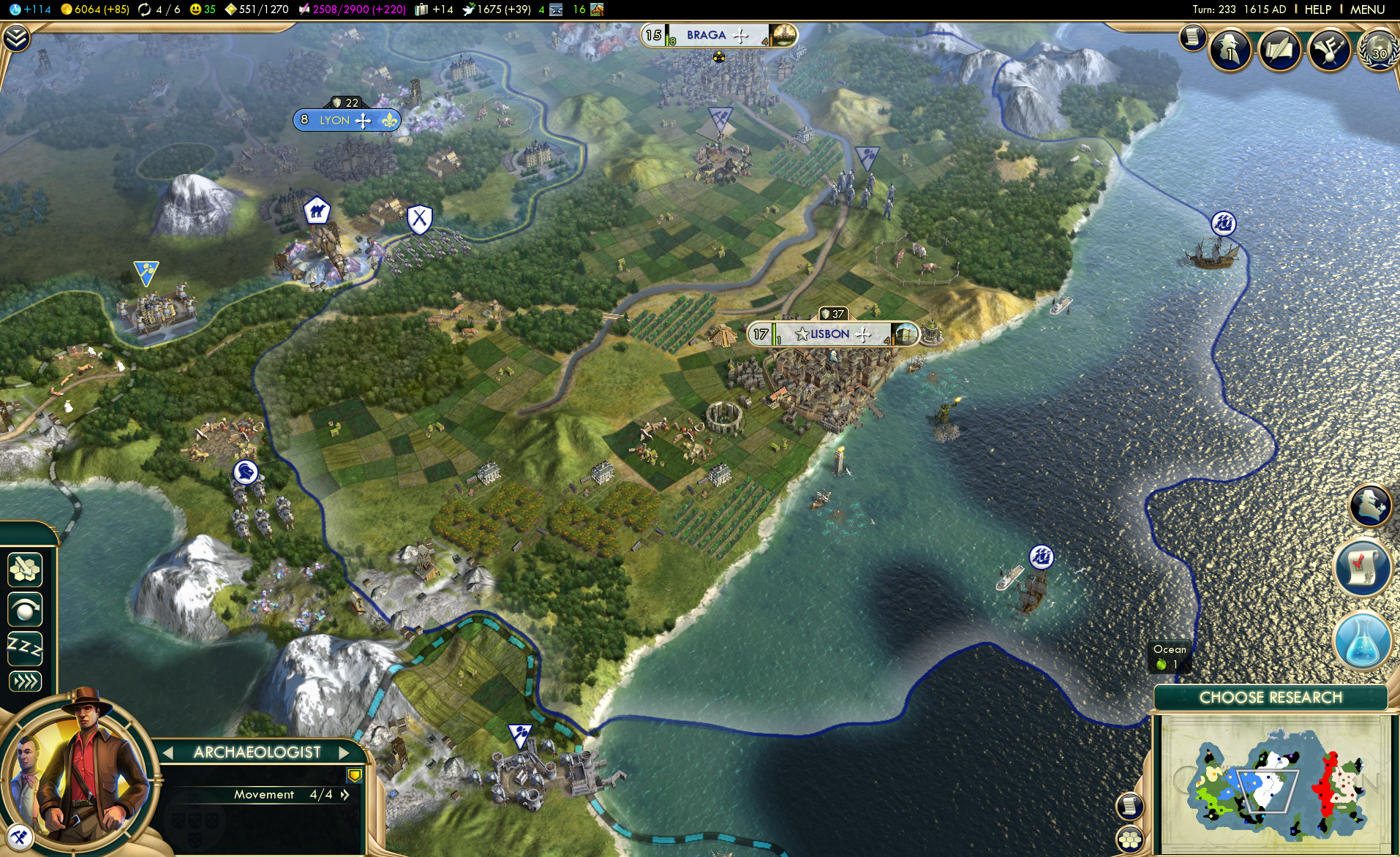
A battle in 1000 A.D. can become an archeological dig site in 1500. Also, that guy looks familiar. Hmm...
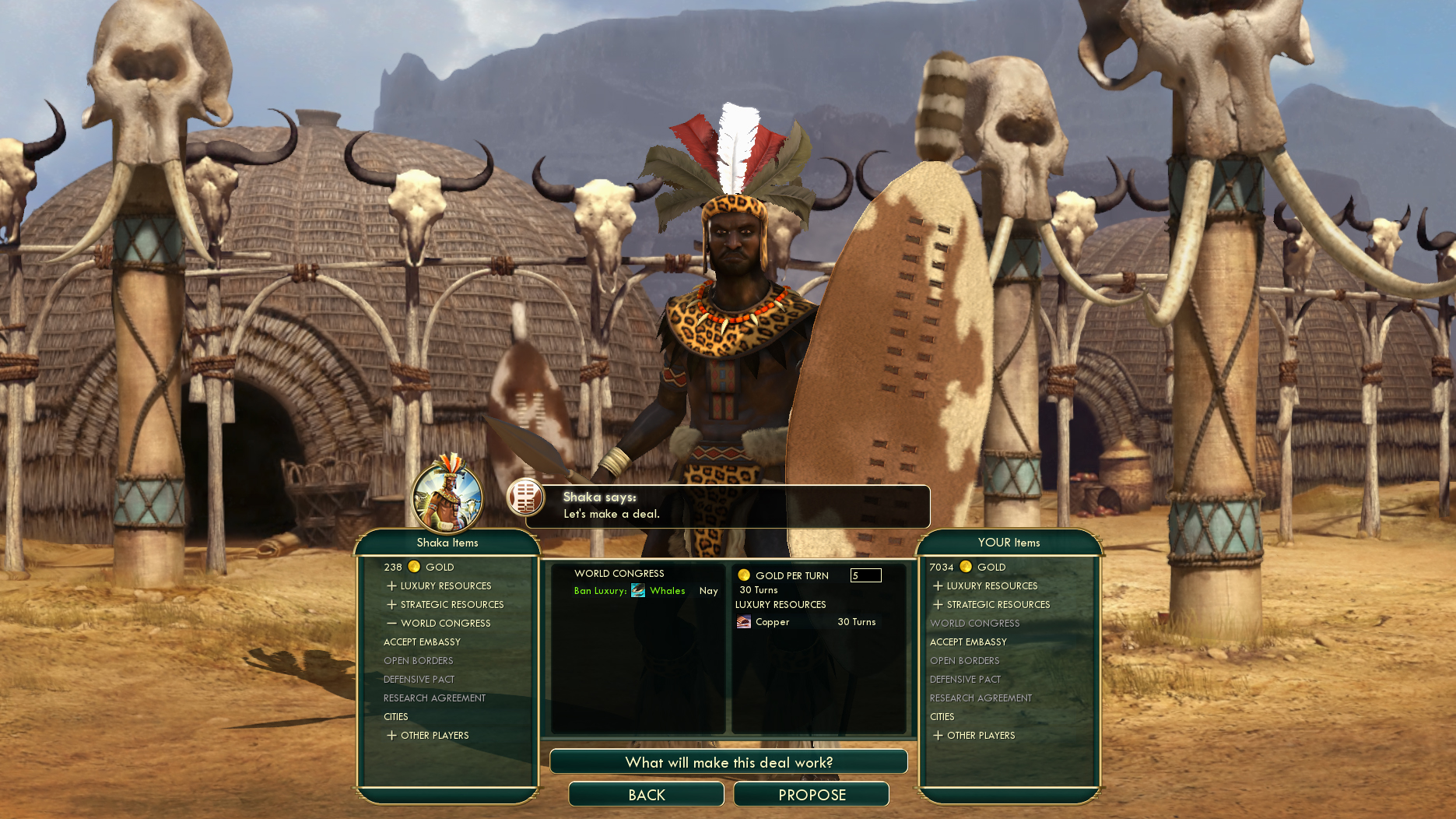
The Zulu civilization pays less on unit maintenance, allowing their armies to become massive.
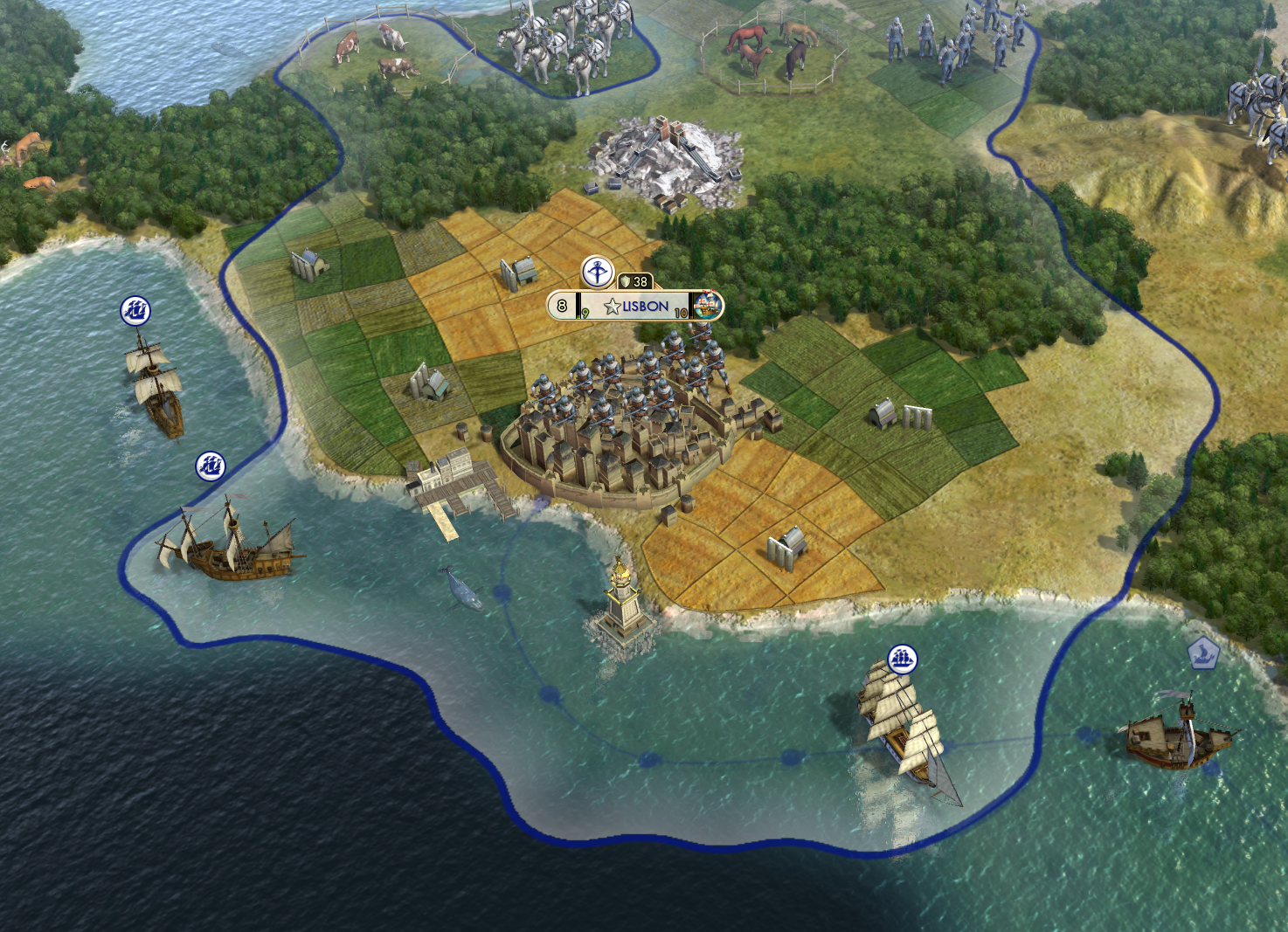
Setting trade routes is more important than ever, and can allow you to funnel resources into big projects.

Hollander Cooper was the Lead Features Editor of GamesRadar+ between 2011 and 2014. After that lengthy stint managing GR's editorial calendar he moved behind the curtain and into the video game industry itself, working as social media manager for EA and as a communications lead at Riot Games. Hollander is currently stationed at Apple as an organic social lead for the App Store and Apple Arcade.


